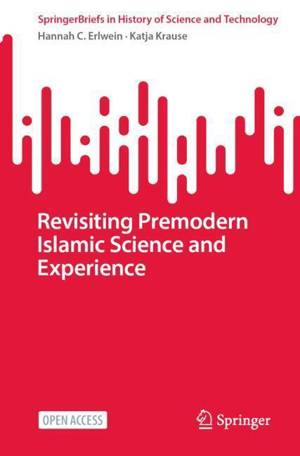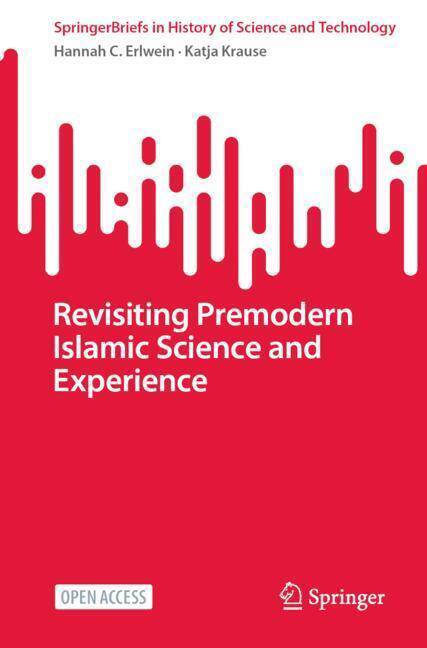
- Retrait gratuit dans votre magasin Club
- 7.000.000 titres dans notre catalogue
- Payer en toute sécurité
- Toujours un magasin près de chez vous
- Retrait gratuit dans votre magasin Club
- 7.000.0000 titres dans notre catalogue
- Payer en toute sécurité
- Toujours un magasin près de chez vous
Description
This open access book takes a fresh look at the nature and place of experience in premodern Islamic science. It seeks to answer two questions: What kind of experience constituted premodern Islamic science? And in what ways did that experience constitute science? Answering these questions, the authors critique the trajectory of most existing histories of the period, which tend to reduce "experience" to empirical method or practice. This view reflects the emphasis that histories of modern science, especially of the Scientific Revolution, have placed on empiricism--the standard against which Islamic actors were then measured. This book offers a new historiography, arguing that experience had a far wider scope in the world of Islamic science. Combining an innovative theoretical framework with three case studies and a reflective epilogue by renowned experts in the field, this work offers the history of science a solid foundation on which to build its analyses of premodern science and the modality, scope, and role of experience therein. As a result, it speaks to specialists in the history of premodern Islamic science and historians of science in general to reconsider their historiographical assumptions.
Spécifications
Parties prenantes
- Auteur(s) :
- Editeur:
Contenu
- Nombre de pages :
- 101
- Langue:
- Anglais
- Collection :
Caractéristiques
- EAN:
- 9783031760846
- Date de parution :
- 03-01-25
- Format:
- Livre broché
- Format numérique:
- Trade paperback (VS)
- Dimensions :
- 156 mm x 235 mm
- Poids :
- 181 g

Les avis
Nous publions uniquement les avis qui respectent les conditions requises. Consultez nos conditions pour les avis.






